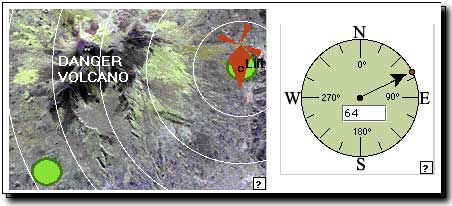Professor
of Education and Learning Sciences
Stanford University
roy.pea@stanford.edu
From 1999 to
2002 I co-directed the ESCOT Project with Jeremy Roschelle and Chris DiGiano
(SRI International) and Jim Kaput (U. Massachusetts, Dartmouth). ESCOT has
been a testbed for the integration of innovative technology in middle school
mathematics. The project investigated replicable practices that produce predictably
high quality digital learning resources.
Specifically, we have:
(1) Formed, managed and grown a research and evaluation testbed that brought together a multidisciplinary team of teachers, developers, researchers and e-learning service providers and created interactive math problems;
(2) developed and coordinated linked maps of software components and curricular needs, so as to support re-use among math tools;
(3) sought to understand how to catalyze teacher-developer "integration teams" that customize software to address NCTM Principles and Standards for mathematics learning and teaching;
(4) explored and analyzed design patterns and mechanisms that would support interoperability among software components; and
(5) engaged in continuous research to examine our classroom impact, and improve design.
Several papers describing this effort are:
Roschelle, J., Pea, R., DiGiano, C., & Kaput, J. (1999). Educational Software Components of Tomorrow (ESCOT). Proceedings of M/SET 99. International Conference on Mathematics/ Science Education & Technology, March 1-4, 1999. San Antonio, Texas. (http://tinyurl.com/6xn5as)
Roschelle, J., & DiGiano, C. (2004). ESCOT: Coordinating the Influence of R&D and Classroom Practice to Produce Educational Software From Reusable Components. Interactive Learning Environments, 12 (1-2), 73-107.

